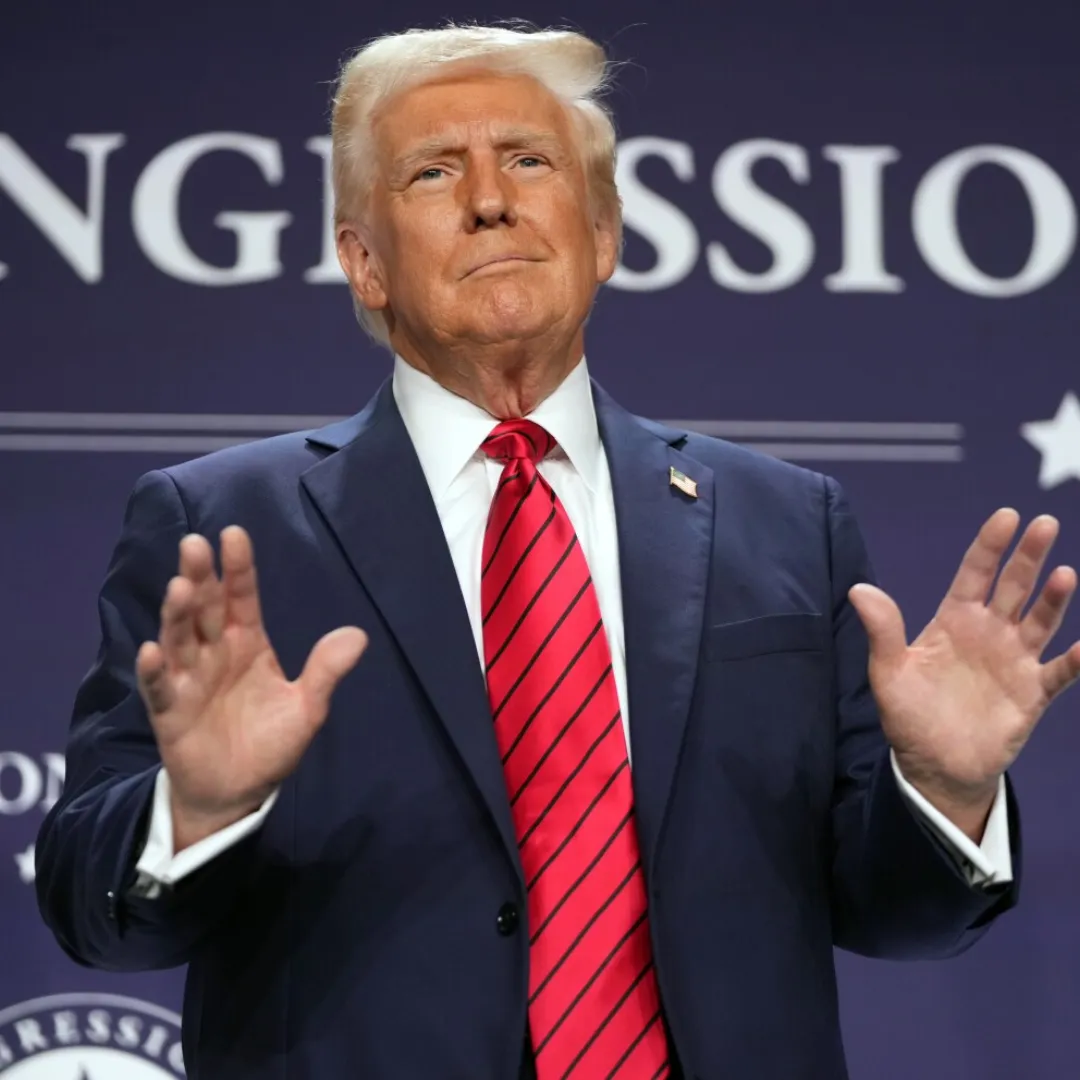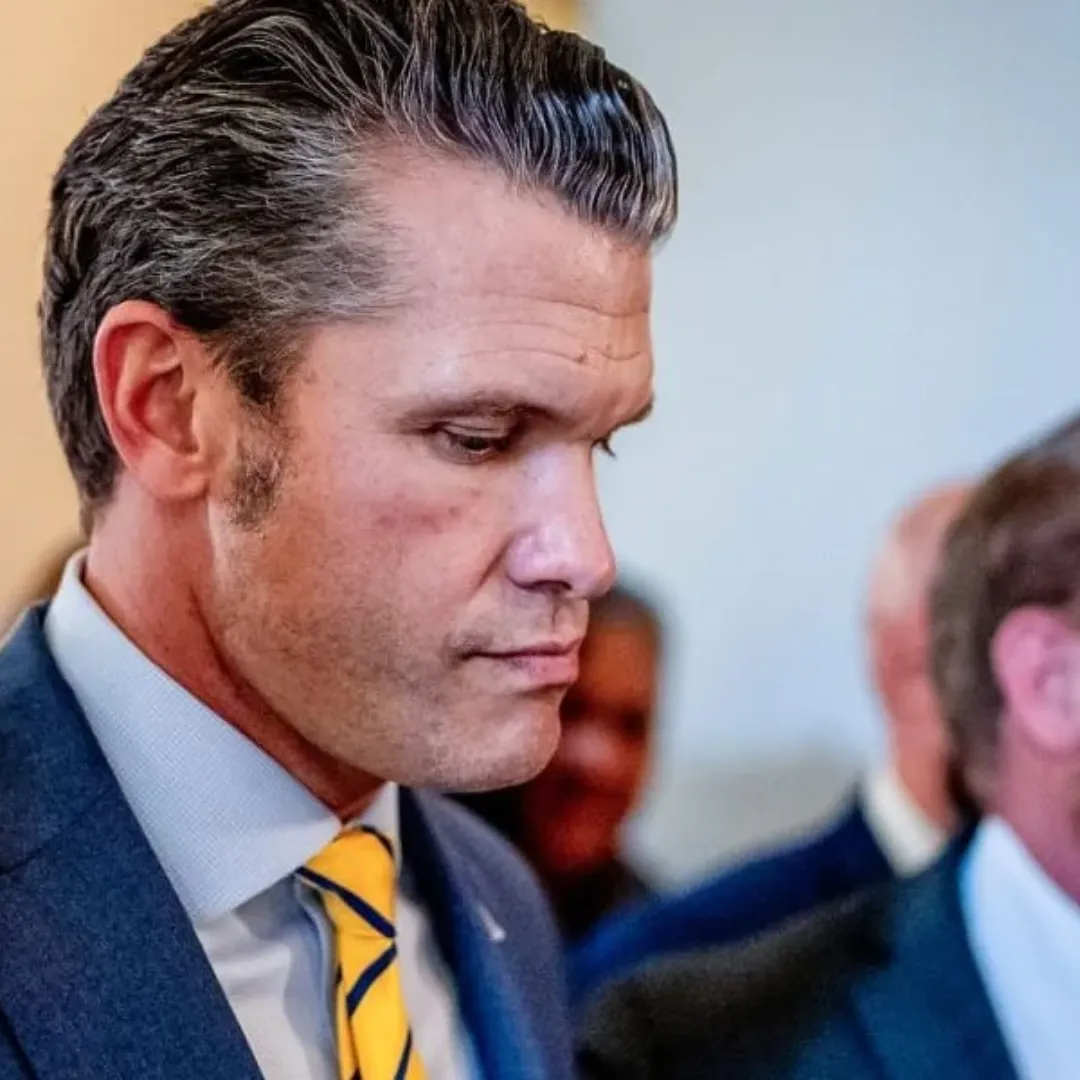A prominent historian of fascism has raised urgent concerns about the trajectory of American democracy under President Donald Trump, arguing that the country’s slide into authoritarianism is happening with an unprecedented speed unmatched by any modern parallel.
Speaking on MSNBC, Professor Ruth Ben-Ghiat, a scholar at New York University and the author of Strongmen: From Mussolini to the Present, told host Catherine Rampell that the Trump administration’s efforts to dismantle democratic norms and institutions were accelerating far faster than what was seen in Russia under Vladimir Putin or in Turkey under Recep Tayyip Erdogan.
According to Ben-Ghiat, the nature and pace of these actions resemble not a gradual democratic erosion, but rather the conditions observed in the immediate aftermath of a coup.
In her interview, Ben-Ghiat was asked whether the current wave of program cuts and institutional dismantling by the Trump administration bore similarities to the democratic backsliding observed in countries that later descended into authoritarian rule.
She responded, “Honestly, the speed at which this is happening and the kind of concentrated push to do this, it doesn’t have any parallel in situations where leaders came to power through elections. If you look at the early Putin or the early Orban or Erdogan, they didn’t move at this speed. This resembles more after there’s been a coup.”
Her remarks reflect growing concern among political scientists, historians, and civil rights advocates who have been closely watching the aggressive restructuring of the federal government since Trump’s return to power.
Ben-Ghiat pointed to several signs she believes are hallmarks of a rapid transition into authoritarian governance. These include the Trump administration’s efforts to centralize power, weaken checks and balances, marginalize dissenting voices, and target public services that support vulnerable populations.
The administration’s ongoing defunding of welfare programs, its attacks on scientific institutions, and the sidelining of career civil servants have, in her view, created a political environment where ideology overrides evidence and loyalty replaces competence.
She also highlighted the rise of political figures and movements that distort science to serve ideological goals, drawing a connection to the influence of Robert F. Kennedy Jr., whose MAHA movement has openly challenged mainstream medical and scientific consensus.
Ben-Ghiat noted, “Eventually regimes make science and medicine bow to their ideology. So the communists would, you know, use psychiatrists to say that dissidents or journalists who didn’t agree with the regime had to go to psychiatric hospitals. But to do this so quickly, to have a war on science, on welfare, on knowledge of every kind, so immediately, and to have somebody like RFK Jr. there, that’s very unusual, even in the history of autocracy.”
Her comments reflect a belief that the Trump administration is not only attacking democratic institutions but also systematically undermining the cultural and intellectual foundations of a functioning society.
This is not the first time Ben-Ghiat has issued stark warnings about the Trump presidency. In a previous interview conducted before Trump’s reelection, she drew historical comparisons to 1930s Germany, noting how quickly an advanced and democratic society can collapse into tyranny under the right conditions.
Referring to the rise of Adolf Hitler, she told the Guardian, “Germany was one of the most sophisticated nations in the world in the late ’20s and early ’30s; it had one of the highest rates of literacy, it was known for science, technology, graphic design—it was so advanced, and people didn’t think in Germany that this ranting lunatic, Hitler, could possibly do the damage he did. And then he came in, and he did things very quickly.”
The implication of her comparison is that American exceptionalism is no defense against democratic decay, and that the United States is not immune to the political forces that have toppled other democracies throughout history.

Ben-Ghiat’s warnings have come at a time when numerous observers are raising red flags about the rapid consolidation of power by Trump and his inner circle.
Since returning to the presidency, Trump has aggressively pursued policies aimed at centralizing executive authority, dismantling oversight structures, and expanding the powers of federal law enforcement.
At the same time, he has continued to attack the judiciary, the media, and academic institutions, often painting them as enemies of the people or as obstacles to his agenda. Critics argue that these actions, coupled with an expanding propaganda apparatus and rising political violence, are indicators of a political system in crisis.
In her remarks, Ben-Ghiat emphasized that the unique pace and coordination of the Trump administration’s actions distinguish it from other authoritarian regimes, where similar transformations have taken longer and faced more institutional resistance.
In contrast, she argues, the American slide is happening so rapidly that by the time the broader public recognizes the full scope of the changes, many of the guardrails of democracy may already be gone.
The role of key institutions, such as the courts and the press, has been diminished, and efforts to purge civil servants and replace them with loyalists are accelerating.
She also discussed the symbolic and cultural dimensions of the shift, noting how regimes in decline often seek to redefine national identity by elevating loyalty over truth and personal allegiance over civic duty.
This transformation, she said, is not only political but psychological, reshaping how people think about authority, dissent, and the role of government in society.

Ben-Ghiat cautioned that this type of authoritarian acceleration requires a sustained and informed resistance from civil society, lawmakers, and the public.
Otherwise, what was once seen as a democracy can quickly become a shell of its former self. Her comments have struck a chord among scholars and activists alike, many of whom have echoed similar warnings in recent months.
The passage of controversial executive orders, the defunding of public media, the targeting of educators who teach about race or gender, and the crackdown on protesters have all been cited as signs that the U.S. is moving toward a model of governance where power is concentrated in the hands of a few and dissent is punished.
These developments have alarmed not only domestic observers but also international allies, who have long looked to the United States as a model of democratic stability.
In sum, Ben-Ghiat’s analysis portrays a United States where the traditional boundaries between democratic governance and authoritarian rule are being blurred at unprecedented speed.
The Trump administration’s policies and rhetoric, in her view, are not merely controversial or divisive—they are transformational in ways that threaten the very structure of American democracy.
Her work, informed by decades of studying fascist and authoritarian regimes, offers a sobering perspective on how quickly political systems can unravel, even in societies that once seemed secure.

As debates continue over the future of the United States under Trump, her voice joins a growing chorus warning that the window to act is narrowing, and that the time to resist is now.





